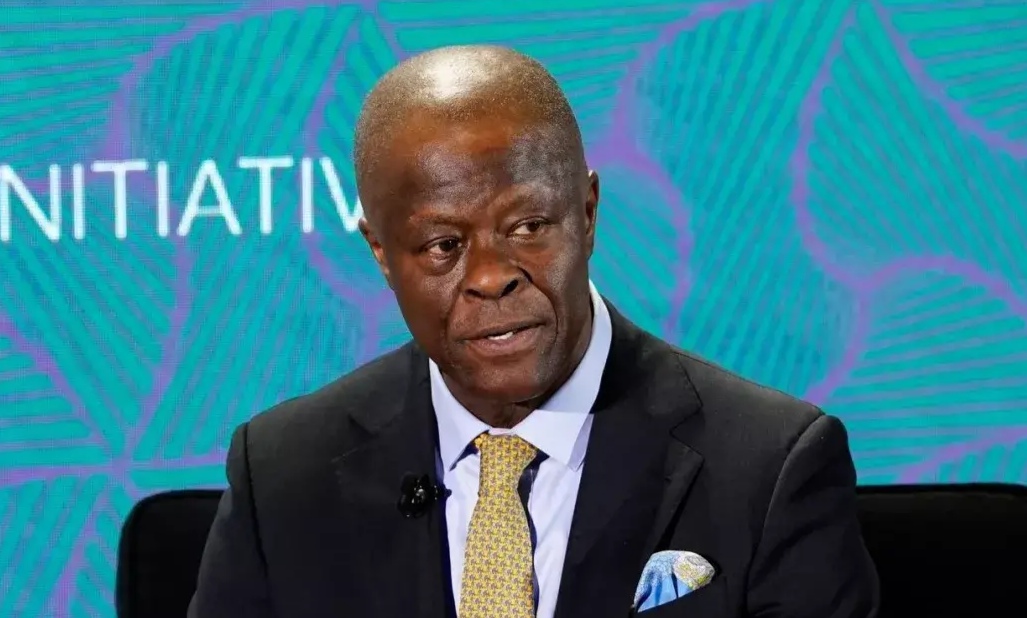The Nigerian government has reportedly secured a $2.25 billion single-interest loan from the World Bank.
This is according to the Minister of Finance and Coordinating Minister for the Economy, Mr. Wale Edun who made the disclosure while briefing journalists at the just-concluded Spring Meetings of the International Monetary Fund (IMF) and the World Bank in Washington D.C.
According to him, the bank’s board of directors had approved the credit, currently under processing adding that the facility offers a 40-year-term with 10 years moratorium at 1 per cent interest rate.
Edun disclosed that the loan was virtually a grant, and a “free lunch,” noting that it was the “closest you can get to free money”.
The minister also disclosed that the country was set to benefit from budgetary support and low-interest funding from the African Development Bank (AfDB) and that to boost capital inflows into the country, the current administration was looking to double the current diaspora remittances and expects a substantial and successful diaspora bond issue later in the year.
The minister said, “In terms of remittances, it is one of how we can boost foreign exchange supply and funding for investment in the country. There are Nigerians abroad, they are doing very well. They have significant funding. There are even Nigerians in Nigeria with funds abroad. That too would be counted as a remittance.
“And to help the issue of supply of foreign exchange to the Nigerian economy, the government is looking at attracting those funds and capturing those funds through a diaspora type of instrument, a diaspora bond.”
While noting that Nigeria has achieved some level of success in stabilising the economy, Edun assured Nigerians that the federal government was focused on attracting funds to support growth even though one of the challenges currently confronting the government was attracting long-term funds for long-term uses, particularly the provision of low-interest mortgages.
The minister emphasized on the importance of accessing such funds noting that if the government could unlock them, it would help to grow the economy by creating jobs in the medium term.
Edun added that while the Central Bank of Nigeria (CBN) is currently focused on curbing inflation, the fiscal side was making efforts to create an enabling environment for investments.
He added that the government has continued to engage with international investors particularly the foreign direct component to attract quality funding to build factories and directly create jobs noting that these investors have demonstrated greater confidence in the management of the economy, including a renewed willingness to invest in the country.
The minister, however, said Nigeria is expected to receive the largest share of the World Bank’s planned provision of electricity to additional 300 million people in Africa between now and 2030.
He described the World Bank initiative as one of the most exciting developments from meetings, stressing that the outcome was the collaborative efforts between the bank and other development partners.
The minister also said going forward, the fiscal strategy would be focused on increased domestic resource mobilization and prudent management of public finances.
Edun said, “Overall, the Nigerian delegation has received positive feedback from the participation at the 2024 World Bank and IMF Spring Meetings.
“Of course, we took the opportunity to showcase the bold and courageous fiscal consolidation measures that Nigeria has undertaken and explained in clear terms the sequencing of our reforms, the emphasis on domestic resource mobilisation, the ramping up of domestic revenues, efficiency in expenditure.
“And of course the fact that the private sector remains the key engine of growth and therefore attention is being paid to ensure that they have a conducive macroeconomic framework.”




